#xin peng
Explore tagged Tumblr posts
Text

#tv shows#tv series#polls#guardian 2018#bai yu#zhu yilong#xin peng#2010s series#chinese series#have you seen this series poll
137 notes
·
View notes
Text










Guardian | S01E40
Chinese Drama - 2018, 40 episodes
Episodes | Viki | YouTube | iQIYI | WeTV | Tencent | Youku | Catalogue
Native Title: #镇魂
Genres: #Fantasy
Tags: #Censored Adaptation of Same-sex Original Work #Bromance
Cast: #Bai Yu #Zhu Yi Long #Li Yan #Jiang Ming Yang #Xin Peng
#Drama: Guardian#Censored Adaptation of Same-sex Original Work#Censored Romance#Fantasy#镇魂#Bai Yu#Zhu Yi Long#Li Yan#Jiang Ming Yang#Xin Peng#Post: Rework#Adapted from a Novel#CDrama#Bromance#Chinese Drama - 2018#Drama: 2018#Final Episode
65 notes
·
View notes
Text
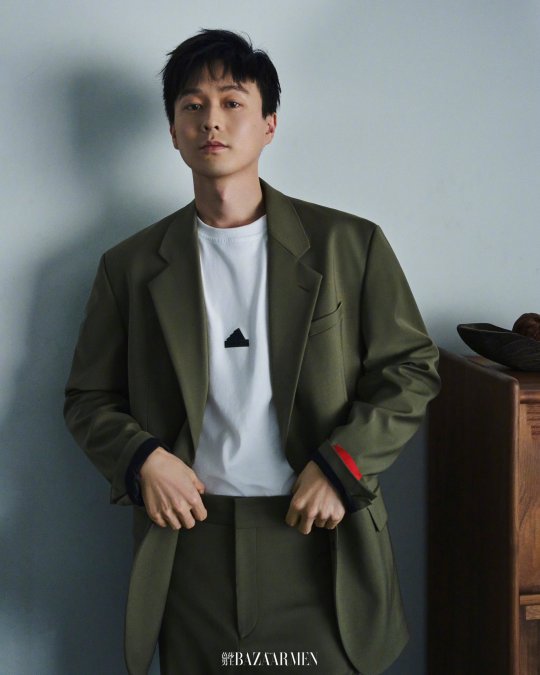
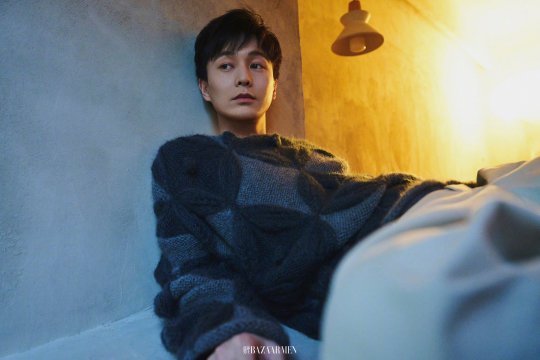
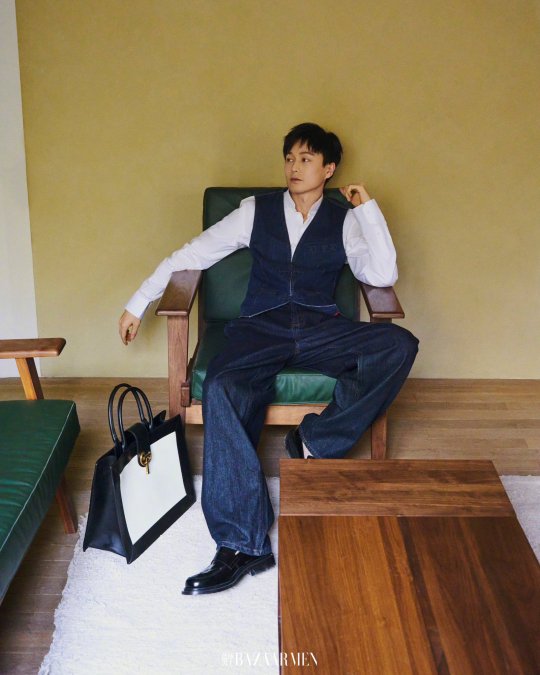
Xin Peng for Bazaar Men China - October 2023
0 notes
Text
🔊Fangs of Fortune - "Little Poem" 《小诗句》 ED dance MV🔊 This is so cute! 🥹 [Source]
#🔊turn sound on for music🔊#cdrama#Fangs of Fortune#Hou Minghao#Chen Duling#Tian Jiarui#Wang Yilun#Zuo Ye#Cheng Xiao#Lin Ziye#Xu Zhenxuan#Yan An#Lai Weiming#Ai Mi#Peng Xiaoran#Cheng Lei#Xin Kaili#dance#chinese drama#original post
86 notes
·
View notes
Text
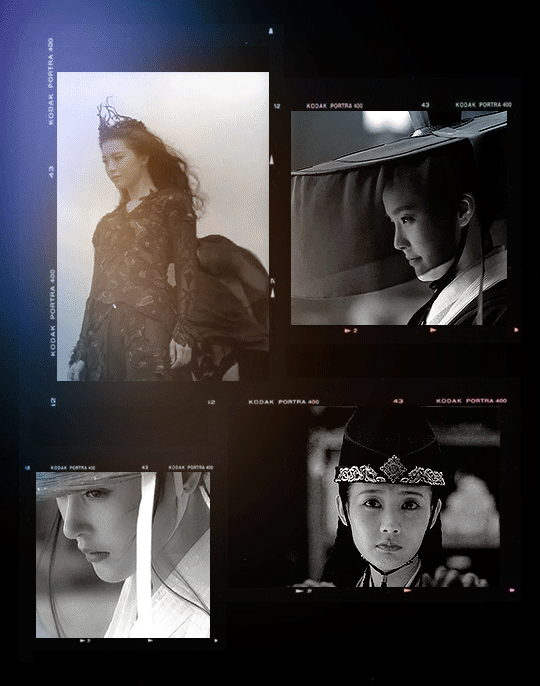
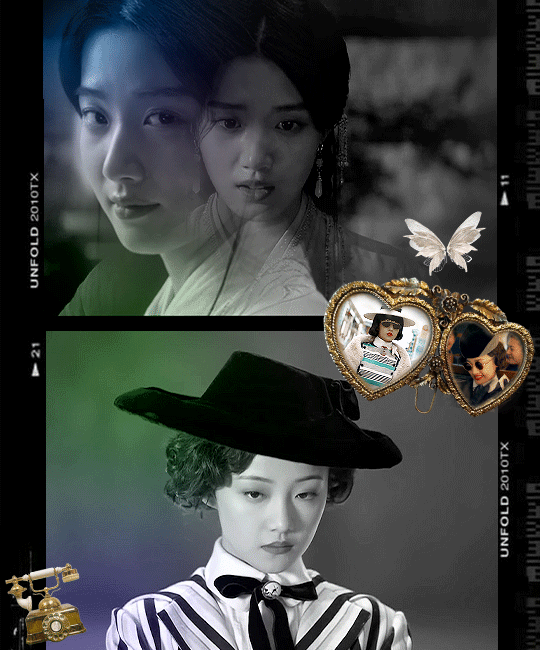


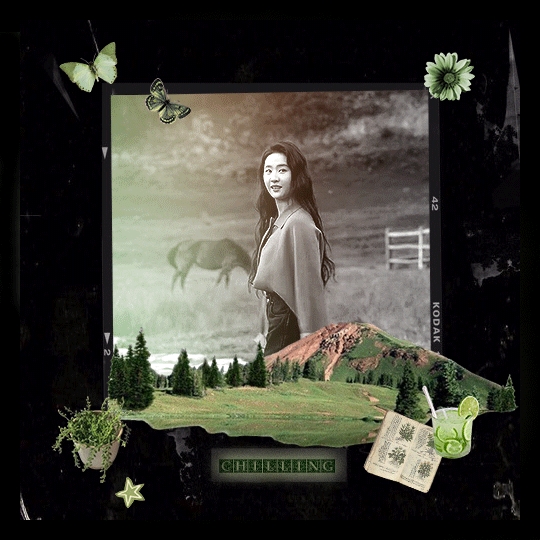
@asiandramanet event 05 ㅡ women :
favorite c-actresses ♡
(insp. x x / c. x x x x x x x)
#asiandramanet#usergif#cdramaedit#cdramasource#dramasource#dailyasiandramas#liu yi fei#ni ni#karlina zhang#janice man#li yi tong#crstyal zhang#wu jia yi#lu yu xiao#yu shu xin#ren min#yangzi#jackie li#wan peng#he lan dou#cactoredit#asiandramaedit#mer gifs#🎨 sets#appreciating the ladies#some of my fav actresses#posting this super late#i felt so stuck and no energy after i started this set this month#but since the last few days i've been working on it like crazy😭😭😭💃
89 notes
·
View notes
Text
Novatio Novena from The Stellar Moments Vol. 4 Yu-Peng Chen, Xin Zhao, HOYO-MiX
#genshin#genshin impact#the stellar moments vol. 4#scaramouche#wanderer#sumeru#inazuma#character demo#yu-peng chen#xin zhao#plays in wanderer's character demo
64 notes
·
View notes
Text

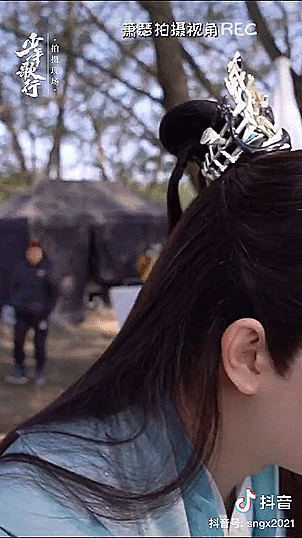
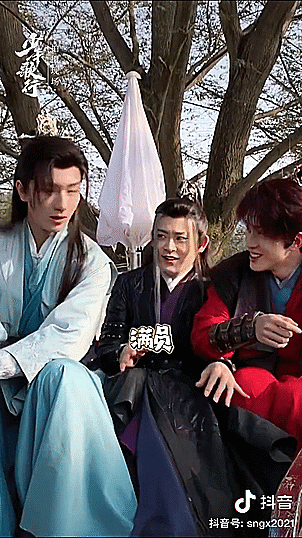
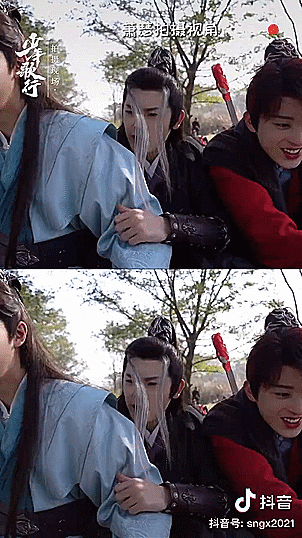
Cdrama: The Blood of Youth (2022)
#少年歌行花絮 #李宏毅 少年們的快樂有多簡單😆
Watch this video on Youtube: https://www.youtube.com/shorts/Vit9f5-eNoo
#The Blood of Youth#少年歌行#Siu Nin Go Haang#Song of Adolescence#Shao Nian Ge Xing#2022#cdrama#Chinese drama#Youku#youtube#shorts#short video#behind the scenes#Li Hong Yi#Li Yongshan#LiDuiDui#Xiao Se#Xiao Chu He#Prince Yong An#Ao Rui Peng#Lei Wu Jie#Li Xin Ze#Tang Lian
8 notes
·
View notes
Text
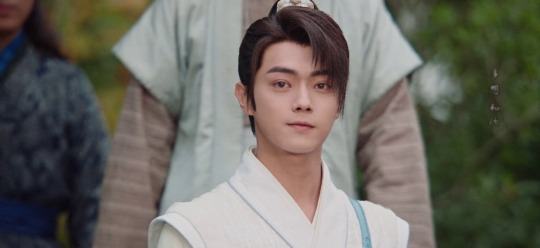

Finished Sword and Fairy 6, which remained a fun ride until the end!
And both my OTPs got a happy ending!
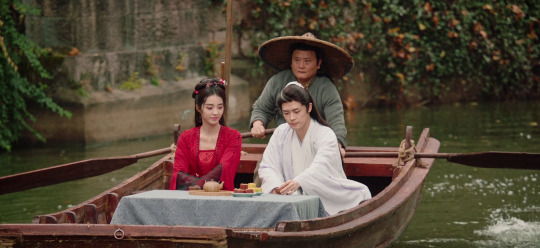
30 notes
·
View notes
Text
Guardian: A Tale of Immortal Bonds
Guardian, also known as "Zhen Hun," is a Chinese drama that has captured the hearts of audiences around the world with its captivating storyline, brilliant acting, and stunning visuals. The drama is based on the novel "Zhen Hun" by Priest and follows the story of Shen Wei and Zhao Yunlan as they unravel mysteries and fight against evil forces threatening the human world and the underworld.
One of the most striking aspects of Guardian is its unique blend of genres. The drama seamlessly combines elements of fantasy, mystery, and romance, creating a rich and immersive world that keeps viewers on the edge of their seats. The supernatural elements, such as the powers possessed by the characters and the existence of the underworld, add an exciting and otherworldly dimension to the story.
Central to Guardian's appeal is the complex and compelling relationship between Shen Wei and Zhao Yunlan. Shen Wei, played by Bai Yu, is a mysterious professor with a dark past and hidden powers, while Zhao Yunlan, played by Zhu Yilong, is a charismatic detective with a strong sense of justice. Their partnership and evolving relationship form the emotional core of the drama, and the chemistry between the two actors is palpable, drawing viewers into their world and making them root for their success.
In addition to the central characters, Guardian features a diverse and memorable cast of supporting characters, each with their own unique personalities and story arcs. From the loyal and brave members of the Guardian team to the enigmatic and powerful figures of the underworld, every character adds depth and complexity to the narrative, making the world of Guardian feel alive and vibrant.
Another standout aspect of Guardian is its stunning visual effects and cinematography. The drama is beautifully shot, with sweeping landscapes, intricate set designs, and breathtaking special effects that bring the supernatural elements of the story to life. The attention to detail in every frame is evident, creating a visually stunning and immersive viewing experience.
Beyond its entertainment value, Guardian also explores deeper themes such as loyalty, sacrifice, and the nature of good and evil. Through its characters and their struggles, the drama raises thought-provoking questions about morality and the human condition, adding a layer of depth and complexity to the story that resonates with viewers long after the final episode.
In conclusion, Guardian is a masterpiece of Chinese television, blending fantasy, mystery, and romance into a compelling and unforgettable drama. With its engaging storyline, memorable characters, and stunning visuals, Guardian is a must-watch for anyone looking for a captivating and immersive viewing experience.
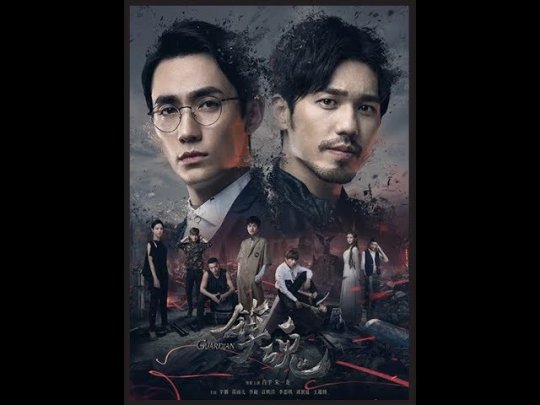
3 notes
·
View notes
Text
MY GIRLFRIEND IS AN ALIEN 2
Chai Xiao Qi, la ragazza aliena che stava per sposarsi con l'umano Fang Leng, viene rapita dagli abitanti del suo pianeta. Rimandata sulla terra senza memoria, deve cercare cercare di carpire il segreto dell'ormone maschile a Fang Leng.
My Gir lFriend Is An Alien 2Anno 2022Romantico, Fantasy30 episodi da circa 45 minutiSu: Viki Rakuten TRAMA Chai Xiao Qi (Wan Peng) una ragazza aliena sta, dopo molte peripezie, per sposarsi con il suo amato terrestre Fang Leng (Bie Thassapak Hsu), ma improvvisamente si ritrova “trascinata” via, nello spazio e perde i sensi. Dal suo pianeta natale, l’hanno trasportata sulla navicella per…

View On WordPress
#Bie Thassapak Hsu#cdrama#Chen Yi Xin#diamanta#diversamente intelligente#drama#drama cinese#Drama Universe#fantasy#Julio Wang#My Girl Friend Is An Alien 2#romantico#Viki Rakuten#Wan Peng#Wang You Jun
1 note
·
View note
Text
[Hanfu · 漢服]Chinese Western Han (202 BC – 9 AD) Traditional Clothing Hanfu Photoshoot
“这个位子 我有何坐不得?” “我欲问鼎天下,试问谁与争锋”
"Why can't I sit in this seat?"
"I want to conquer the world, who can compete with me?"
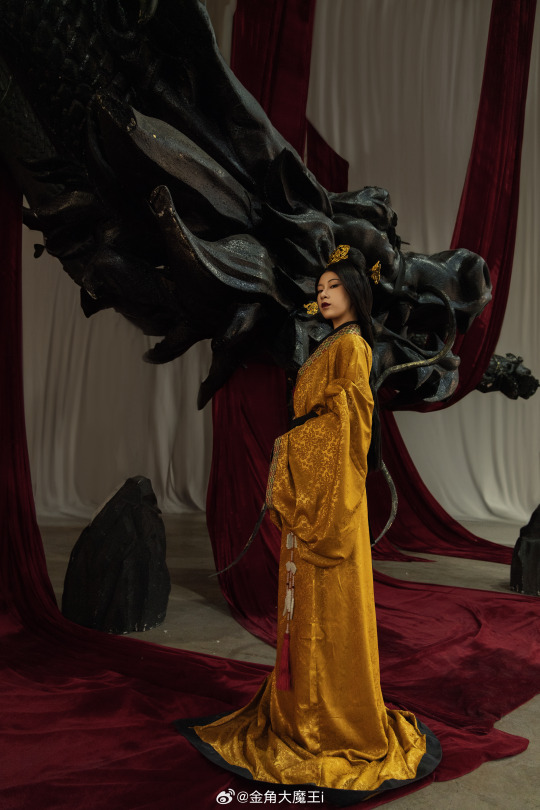
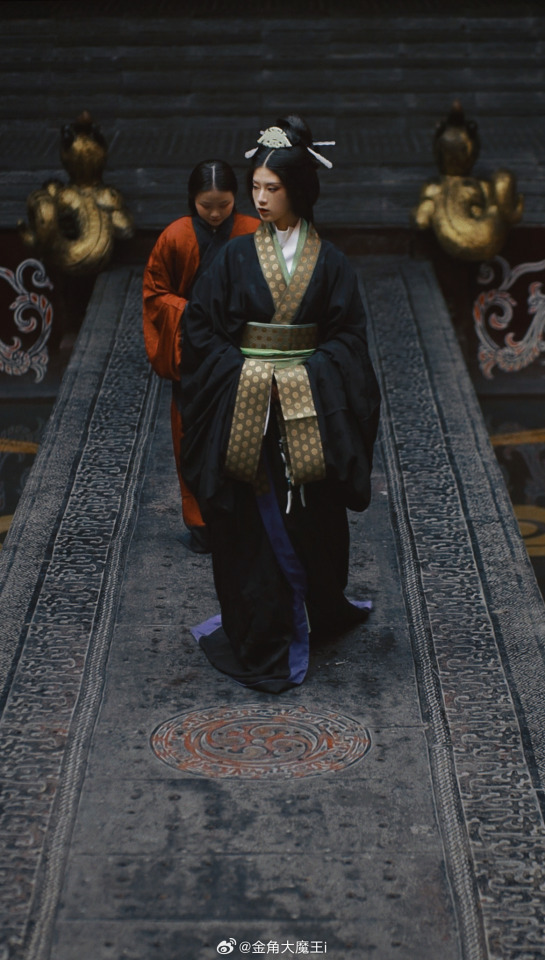
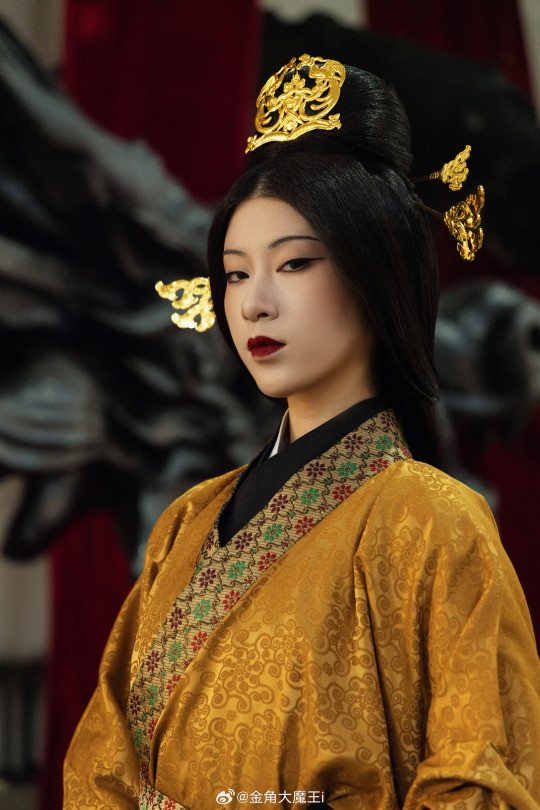
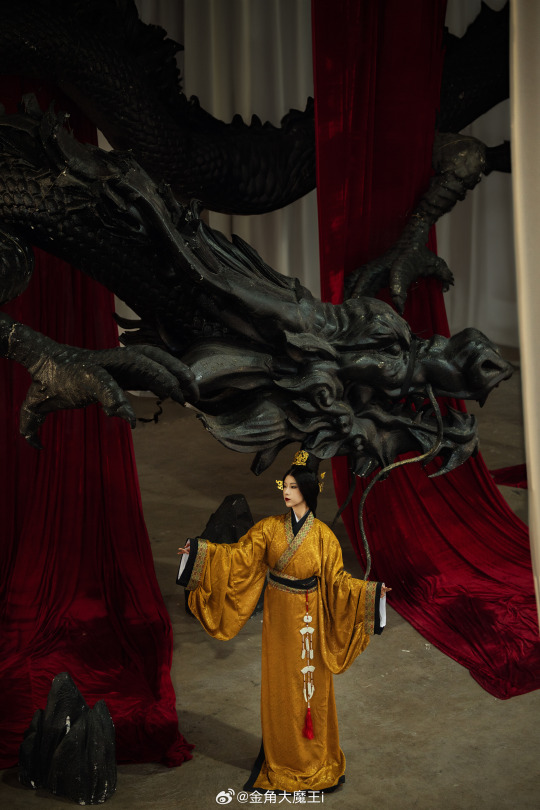

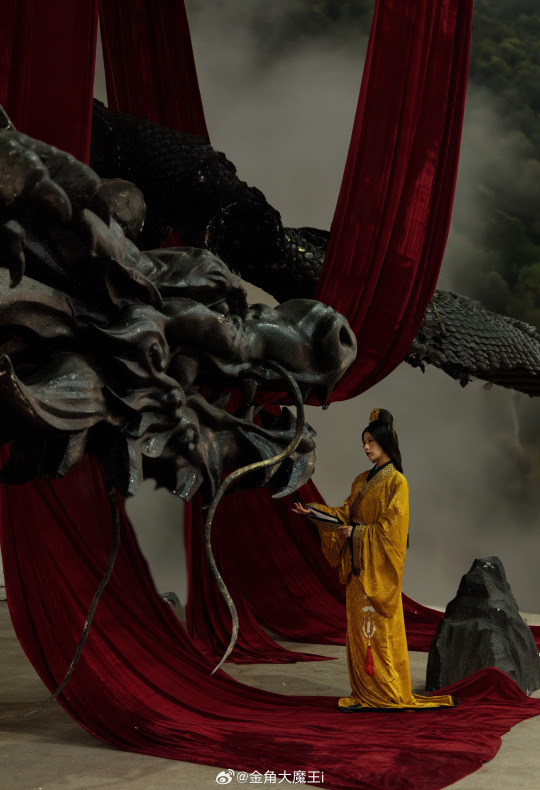


【About The First Empress of the Han Dynasty Empress Lü:Lǚ zhì(吕雉)】
Lü Zhi (241–18 August 180 BC), courtesy name E'xu (娥姁) and commonly known as Empress Lü (traditional Chinese: 呂后; simplified Chinese: 吕后; pinyin: Lǚ Hòu) and formally Empress Gao of Han (漢高后; 汉高后; Hàn Gāo Hòu), was the empress consort of Gaozu, the founding emperor of the Han dynasty. They had two known children, Liu Ying (later Emperor Hui of Han) and Princess Yuan of Lu. Lü was the first woman to assume the title Empress of China and paramount power. After Gaozu's death, she was honoured as empress dowager and regent during the short reigns of Emperor Hui and his successors Emperor Qianshao of Han and Liu Hong (Emperor Houshao).
She played a role in the rise and foundation of her husband, Emperor Gaozu, and his dynasty, and in some of the laws and customs laid down by him. Empress Lü, even in the absence of her husband from the capital, killed two prominent generals who played an important role in Gaozu's rise to power, namely Han Xin and Peng Yue, as a lesson for the aristocracy and other generals. In June 195 BC, with the death of Gaozu, Empress Lü became, as the widow of the late emperor and mother of the new emperor, Empress Dowager (皇太后, Huángtàihòu), and assumed a leadership role in her son's administration. Less than a year after Emperor Hui's accession to the throne, in 194 BC, Lü had one of the late Emperor Gaozu's consorts whom she deeply hated, Concubine Qi, put to death in a cruel manner. She also had Concubine Qi's son Liu Ruyi poisoned to death. Emperor Hui was shocked by his mother's cruelty and fell sick for a year, and thereafter no longer became involved in state affairs, and gave more power to his mother. As a result, Empress dowager Lü held the court, listened to the government, spoke on behalf of the emperor, and did everything (臨朝聽政制, "linchao ting zhengzhi"). With the untimely death of her 22-year-old son, Emperor Hui, Empress dowager Lü subsequently proclaimed his two young sons emperor (known historically as Emperor Qianshao and Emperor Houshao respectively). She gained more power than ever before, and these two young emperors had no legitimacy as emperors in history; the history of this 8-year period is considered and recognized as the reign of Empress Dowager Lü. She dominated the political scene for 15 years until her death in August 180 BC, and is often depicted as the first woman to have ruled China. While four women are noted as having been politically active before her—Fu Hao, Yi Jiang, Lady Nanzi, and Queen Dowager Xuan—Lü was the perhaps first woman to have ruled over united China.
Lü Zhi was born in Shanfu County (單父; present-day Shan County, Shandong) during the late Qin Dynasty. Her courtesy name was Exu (Chinese: 娥姁; pinyin: Éxǔ). To flee from enemies, her father Lü Wen (呂文) brought their family to Pei County, settled there, and became a close friend of the county magistrate. Many influential men in town came to visit Lü Wen. Xiao He, then an assistant of the magistrate, was in charge of the seating arrangement and collection of gifts from guests at a banquet in Lü Wen's house, and he announced, "Those who do not offer more than 1,000 coins in gifts shall be seated outside the hall." Liu Bang (later Emperor Gaozu of Han), then a minor patrol officer (亭長), went there bringing a single cent and said, "I offer 10,000 coins." Lü Wen saw Liu Bang and was so impressed with him on first sight, that he immediately stood up and welcomed Liu into the hall to sit beside him. Xiao He told Lü Wen that Liu Bang was not serious, but Liu ignored him and chatted with Lü. Lü Wen said, "I used to predict fortunes for many people but I've never seen someone so exceptional like you before." Lü Wen then offered his daughter Lü Zhi's hand in marriage to Liu Bang and they were wed. Lü Zhi bore Liu Bang a daughter (later Princess Yuan of Lu) and a son, Liu Ying (later Emperor Hui of Han).
Liu Bang later participated in the rebellion against the Qin Dynasty under the insurgent Chu kingdom, nominally-ruled by King Huai II. Lü Zhi and her two children remained with her father and family for most of the time during this period.
Even after Emperor Gaozu (Liu Bang)'s victory over Xiang Yu, there were still unstable areas in the empire, requiring the new government to launch military campaigns to pacify these regions thereafter. Gaozu placed Empress Lü Zhi and the crown prince Liu Ying (Lü Zhi's son) in charge of the capital Chang'an and making key decisions in court, assisted by the chancellor Xiao He and other ministers. During this time, Lü Zhi proved herself to be a competent administrator in domestic affairs, and she quickly established strong working relationships with many of Gaozu's officials, who admired her for her capability and feared her for her ruthlessness. After the war ended and Emperor Gaozu returned, she remained in power and she was always influential in many of the country's affairs.
In his late years, Emperor Gaozu started favouring one of his younger consorts, Concubine Qi(戚夫人), who bore him a son, Liu Ruyi, who was instated as Prince of Zhao in 198 BC, displacing Lü Zhi's son-in-law Zhang Ao (Princess Yuan of Lu's husband). Gaozu had the intention of replacing Liu Ying with Liu Ruyi as crown prince, reasoning that the former was too "soft-hearted and weak" and that the latter resembled him more. Since Lü Zhi had strong rapport with many ministers, they generally opposed Gaozu's decision but the emperor seemed bent on deposing Liu Ying. Lü Zhi became worried and she approached Zhang Liang for help, and the latter analysed that Gaozu was changing the succession on grounds of favouritism. Zhang Liang invited the "Four Whiteheads of Mount Shang", a group of four reclusive wise men, to persuade Gaozu to change his decision. The four men promised to assist Liu Ying in future if he became emperor, and Gaozu was pleased to see that Liu Ying had their support. Gaozu told Concubine Qi, "I wanted to replace (the crown prince). Now I see that he has the support of those four men; he is fully fledged and difficult to unseat. Empress Lü is really in charge!" This marked the end of the dispute over the succession and affirmed Liu Ying's role as crown prince.
In June 195 BC, Emperor Gaozu died and was succeeded by Liu Ying, who became historically known as Emperor Hui of Han. Lü Zhi was honoured by Emperor Hui as empress dowager. She exerted more influence during the reign of her son than she had when she was empress, and she became the powerful and effective lead figure in his administration.
Lü Zhi did not harm most of Gaozu's other consorts and treated them according to the rules and customs of the imperial family. For example, consorts who bore male children that were instated as princes were granted the title of "Princess Dowager" (王太妃) in their respective sons' principalities. One exception was Concubine Qi, whom Lü Zhi greatly resented because of the dispute over the succession between Liu Ruyi (Qi's son) and Liu Ying. Liu Ruyi, the Prince of Zhao, was away in his principality, so Lü Zhi targeted Concubine Qi. She had Qi stripped of her position, treated like a convict (head shaved, in stocks, dressed in prison garb), and forced to do hard labour in the form of milling rice.
Roles in the deaths of Concubine Qi and Liu Ruyi
Lü Zhi then summoned Liu Ruyi, who was around the age of 12 then, to Chang'an, intending to kill him together with his mother. However Zhou Chang (周昌), the chancellor in Liu Ruyi's principality, whom Lü Zhi respected because of his stern opposition to Emperor Gaozu's proposal to make Liu Ruyi crown prince, temporarily protected Liu Ruyi from harm by responding to Lü Zhi's order that, "The Prince of Zhao is ill and unfit for travelling over long distances." Lü Zhi then ordered Zhou Chang to come to the capital, had him detained, and then summoned Liu Ruyi again. Emperor Hui tried to save Liu Ruyi by intercepting his half-brother before the latter entered Chang'an, and kept Liu Ruyi by his side most of the time. Lü Zhi refrained from carrying out her plans for several months because she feared that she might harm Emperor Hui as well.
One morning in the winter of 195-194 BC, Emperor Hui went for a hunting trip and did not bring Liu Ruyi with him because the latter refused to get out of bed. Lü Zhi's chance arrived, so she sent an assassin to force poisoned wine down Liu Ruyi's throat. The young prince was dead by the time Emperor Hui returned. Lü Zhi then had Concubine Qi killed in an inhumane manner: she had Qi's limbs chopped off, eyes gouged out, ears sliced off, nose sliced off, tongue cut out, forced her to drink a potion that made her mute, and had her thrown into a latrine. She called Qi a "human swine" (人彘). Several days later, Emperor Hui was taken to view the "human swine" and was shocked to learn that it was Concubine Qi. He cried loudly and became ill for a long time. He requested to see his mother and said, "This is something done not by a human. As the empress dowager's son, I'll never be able to rule the empire" From then on, Emperor Hui indulged himself in carnal pleasures and ignored state affairs, leaving all of them to his mother, and this caused power to fall completely into her hands.
When Lu first came to the court, she planned to establish the Lu family members as "kings (nobles)". This was not only to commemorate her deceased relatives, but also to strengthen her power in the court. However, Wang Ling, the prime minister at the time, immediately pointed out that the great ancestor Liu Bang(Husband of Lu, founding emperor of Han Dynasty)once killed the white horse and agreed that "if someone who are not Liu family be come the king, the whole world should attack them." Therefore, the move of establishing a foreign surname as the king violated the ancestral system established by Liu Bang and was really inappropriate.
Faced with the obstruction of Wang Ling, Empress Lu responded by deposing him and insisting on honoring her deceased father and two brothers as King Lu Xuan, King Wu Wu, and King Zhao Zhao. After setting this precedent, Lu was out of control. She not only named her three nephews Lu Tai, Lu Chan, and Lu Lu as King Lu, King Liang, and King Zhao respectively, but also named her grandnephew Lu Tong. He was the King of Yan, and his grandson Zhang Yan was granted the title of King of Lu.
In addition, there are also quite a few people with the surname Lu who have been granted the title of marquis. As a result, it can be said that many princes surnamed Lu appeared in the court in the blink of an eye. They controlled the government and became the cornerstone and support for Empress Lu to control the right to speak in the court.
Empress Lu's life was emblematic of the intricate power dynamics of the Han Dynasty in ancient China. Born into a modest family, Lu rose to prominence through her marriage to Emperor Gaozu. Her astute political acumen and strategic alliances allowed her to wield significant influence behind the throne. As the mother of several emperors, she orchestrated their ascensions and manipulated court politics to consolidate power for her family. However, her ruthless pursuit of control and elimination of rivals earned her both admirers and enemies. In the end, her ambitions led to her downfall, as her unchecked power and manipulation of succession angered the nobility.As a result, after her death, the Lu family was retaliated and killed by the nobles and courtiers who supported the Han Dynasty, and the family was almost exterminated.Empress Lu's life illustrates the delicate balance of power, ambition, and intrigue in ancient Chinese imperial courts.
Literati in every dynasty in China often likened women who attempted to participate in government affairs and influence national policies to Empress Lü, saying they were vicious. One of them was Wu Zetian, the first official female emperor of China. However, compared with Empress Lü, Wu Zetian was more talented. Unlike Empress Lü, who was simply vicious, she ignored the system and stability of the empire and put personal and family interests first.
________________
📸Photo & Model :@金角大魔王i
🔗Weibo:https://weibo.com/1763668330/NFVOXthxX
________________
#chinese hanfu#Western Han (202 BC – 9 AD)#hanfu#Empress Lü#Lǚ zhì(吕雉)#china history#chinese history#hanfu accessories#hanfu_challenge#chinese traditional clothing#china#chinese#woman in history#漢服#汉服#中華風#金角大魔王i#historical fashion
324 notes
·
View notes
Text



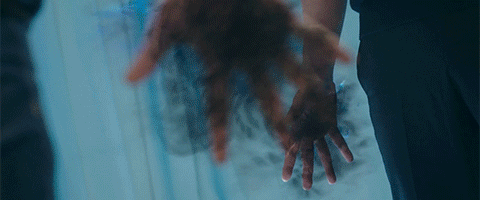
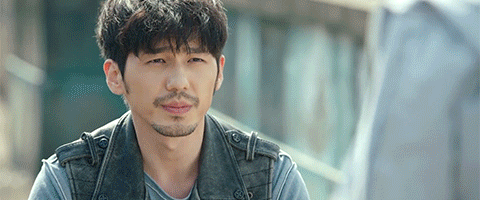



Guardian | S01E02
Chinese Drama - 2018, 40 episodes
~ Episode List ~ | ~ Chinese Drama Master List ~
#Drama: Guardian#CDrama#Bromance#Censored Adaptation of Same-sex Original Work#Censored Romance#Fantasy#镇魂#Bai Yu#Zhu Yi Long#Li Yan#Jiang Ming Yang#Xin Peng#Post: Rework#Adapted from a Novel
210 notes
·
View notes
Text
The FSYY Body Count List
…Because when you are trying to procrastinate an assignment, you'll focus your attention on anything that isn't the assignment, no matter how strange the subject matter is.
So here is a list of the individual Chan juniors' body count during the course of the FSYY novel. Fantastic creatures (non-sapient, not yaoguais that have cultivated a human form, but aren't regular animals either) are listed separately.
Nezha: 15 characters
-Li Gen the Yaksha (Qiankun Ring to the head)
-Ao Bing (pulled off steed with sash, Qiankun Ring to the head, tendons pulled out)
-Verdant Cloud Boy (archery accident)
-Yao Shaosi (speared)
-Colored Cloud Immortal (speared)
-Deng Zhong (knocked off steed with Qiankun Ring, then speared)
-Ji Li (speared)
-Li Qi (knocked down with ring, speared)
-Pong Hong (knocked down with ring, speared)
-Wang Bao (knocked off steed with ring, speared)
-Ma Zhong (incinerated by the Nine Fire Dragon Bell Cover)
-Long Anji (knocked down by a ring better than his, speared)
-Gao Lanying (didn't get her needles out in time, knocked down, speared)
-Ding Ce (killed by the Qiankun Ring)
-Lu Renjie (knocked off his steed by the Qiankun Ring in a fatal blow)
Note: I didn't count the Colored Cloud Boy, Lady Shiji's other disciple that gets bonked by the Qiankun Ring, because his death is never confirmed, even though he was already "struggling for his life on the ground" when Shiji comes out of the cave.
Yang Jian: 13 characters, 2 creatures
-Chen Jiugong (speared)
-Zhou Xin (Skyhowler'ed, then chopped in half)
-Bi Huan (Skyhowler'ed, then speared)
-Wen Liang (tried to escape after being bricked by Nezha, got hit in the shoulder by Yang Jian's slingshot, fell off his horse, and died)
-Yu Hua (Leizhen Zi knocked him off his steed, Yang Jian finished him off with his polearm)
-Zhang Kui's mom (indirectly, he tricked Zhang Kui into killing her via transformation arts)
-Chang Hao (Yang Jian transformed into a flying centipede, snipped its head off, reverted to his true form, chopped up the snake, then incinerated it with Five Thunder Arts)
-Wu Long (Yang Jian turned into a golden rooster and pecked it to pieces)
-Yang Xian (tried to flee after seeing Yang Jian turn into a tiger, chopped in half)
-Dai Li (Skyhowler'ed, then speared)
-Guo Chen (speared)
-Lei Kun (speared)
-The Nine-headed Pheasant Demoness (indirectly: Skyhowler'ed, then decapitated by Zhou soldiers on the execution ground under Yang Jian's watch)
Creatures:
The Flower Fox Ferret, Mo Lishou's monstrous pet (Yang Jian burst out of its body after being eaten, tearing it into two halves in the process)
The One-horned Black Smoke Beast, Zhang Kui's magical steed (indirectly, same as Zhang Kui's mom)
Huang Tianhua: 7 characters
Chen Tong (Fire Dragon Dart sucked into Tianhua's flower basket, then decapitated by the beam of the Moye Sword)
The Four Mo Brothers (killed by the Heart-piercing Nail)
Yu Qin (killed by the Fire Dragon Dart)
Chen Geng (knocked off steed by the Fire Dragon Dart, then decapitated)
Yang Ren: 6 characters
Fang Yizhen (incinerated by the Five Fire Fan)
Li Ping (caught in the fan's AOE while trying to persuade Lv Yue)
Chen Geng (incinerated by the fan)
Lv Yue (incinerated by the fan)
Yu Xian & Yu Zhao (incinerated together)
Leizhen Zi: 5 characters
Xin Huan (Skyhowler'ed, then finished off by Leizhen Zi with a staff to the head)
Zhou Xin (Staff to the head)
Peng Zun (knocked off his steed via a staff to the shoulder, then decapitated)
Yu Guang (staff to the head)
Lei Peng (KO'ed with staff)
Huang Tianxiang: 4 characters
Feng Lin (speared)
Tao Rong (speared)
Gou Zhang (speared)
Gao Gui (speared)
Wei Hu: 4 characters
Yang Wenhui (Demon-subduing Club to the head)
Yu Da (clubbed)
Zhang Kui (clubbed)
Jade Pipa Demoness (indirectly: decapitated by soldiers under his supervision)
Jinzha: 3 characters
Wang Mo (immobilized by the Dragon Stake, then killed with a sword)
Yang Sen (immobilized by Dragon Stake, killed with sword)
Dou Rong (indirectly: Jinzha immobilized him with the Dragon Stake, but Jiang Wenhuan made the killing blow)
Muzha: 2 characters
Li Xingba (killed with one of Muzha's twin flying swords)
Lady Chedi (killed with twin flying sword)
...
Final Thoughts
-If you count the creatures, Nezha and Yang Jian's kill counts will be equal, though several of Yang Jian's kills are indirect.
-Jiang Ziya: tfw your logistic guy, responsible for overseeing the supply line, has a body count as high as your designated army vanguard.
-Yeah, Yang Jian's official job in the Zhou army is the Grain Transport Officer. I think it really fits his personality——the clever, ruthless trickster who's also a mature, polite disciple.
-Though Leizhen Zi's kill counts can't match Nezha and Yang Jian, there are multiple descriptions of him knocking down whole sections of the city wall with a single staff strike. Maybe he's the anti-fortification specialist of the team or something. /lh
-Huang Tianhua: the ranged attacker who keeps trying to be a melee DPS. /j
-For real though, he seems to rely a lot more on the Fire Dragon Darts from a slain foe, and when the Heart-piercing Nail is used after the Mo brothers' demise, it only ends up going straight through Xin Huan's wing and the Winged Immortal's right arm.
-Yang Ren always gives me the impression of a soft-spoken bureaucrat who gradually discovered his inner pyromaniac after receiving the Five Fire Fan.
-My list is only counting the named characters, but everyone on this list who's still alive during the Ten Thousand Immortal Formation Arc are described as unleashing their might and treasures during the battle.
-Considering the AOE effects of some of these treasures, they probably send a lot more filler NPCs into the Investiture.
-BTW, there are 152 names on the Investiture who are labelled as having died in the Ten Thousand Immortal Formation. 124, if you leave out the 28 Lunar Mansions, who are killed by the 4 Immortal Swords seized from Patriarch Tongtian's previous formation.
-How many percent of those 124 kills each Chan Sect participant is responsible for is up to your imagination.
-Forget about the Nezha age discourse——Huang Tianxiang was probably about 10 when he made his first kill, since the text described his head as "still bald". If I remember correctly, in the Ming dynasty, before 10, most children had their heads shaved completely bald, or leaving only a few patches of hair tied up in a braid/bun.
-He's also 14 when he made his third kill, and 17 when he was executed by Qiu Yin. Four chapters prior, Huang Tianhua died to Gao Jineng.
-Jinzha and Muzha: tfw your total kill counts combined is only a third of your little brother's.
-The one detail I've observed is that Jinzha ends up rescuing/attempting to rescue Nezha, Huang Tianhua, Jiang Ziya, and Tianhua again (together with Muzha) after they get knocked down.
-I feel kinda bad for Muzha when I look at the numbers. He does cut off one of Lv Yue's arms after recovering from his first plague attack, though.
30 notes
·
View notes
Text


obsessed with how Shao Peng and Zi Xiang accidentally brought Xin Jia in from the streets like a stray kitten and are in fact unknowingly about to serve Jonathan his horrible little top on a silver platter
36 notes
·
View notes
Text
Our Winter Olympics (2022) 我们的冬奥












Director: Lin Yongchang / Li Haoling / Zhuang Hao / Qu Qiang / Zhong Ming / Zhang Zhe / Wang Liwen Screenwriter: Xu Yun / Wang Gang / Zhang Jie / Xu Bijun / Xu Bo / Han Feiyi / Xie Peng / Pan Xiaoxuan Starring: Shen Shiyou / Liu Siqi / Zhang Ming / Jia Chenlu / Yang Ning / Bao Muzhongyang / Jiang Guangtao / Shan Xin / Xu Chunni / Zhang Li / Li Lihong / Wang Kai / Liu Xuanrui / Pan Yan / Fu Chong / Cui Jie / Chen Zhaoxiong Genre: Drama / Animation Country/Region of Production: Mainland China Language: Mandarin Chinese Date: 2022-02-19 (Mainland China) Duration: 90 minutes Also known as: 我和我的冬奥 / Me and My Winter Games IMDb: tt18080516 Type: Crossover
Summary:
A series of wonderful stories happened to Bing Dwen Dwen and Shue Rhon Rhon when they went to attend the opening ceremony of the Olympic Village. Little Bald Qiang and Little Bear and Big Bear helped everyone escape from the blizzard; Jiu Yue accidentally "picked up" Bing Dwen Dwen and returned her while enjoying a perfect vacation; Little Tiger Girl bravely faced the challenge with the encouragement of her toys; Monkey King met Tutu when he borrowed an "ice tool" and they participated in the Tiangong Ice and Snow Festival together. From Monkey King to Inhuman, the film brings together more than 30 well-known IP animation characters to awaken the childhood memories of five generations. Starring Bing Dwen Dwen and Shue Rhon Rhon, the only authorized animation film of the Winter Olympics, creating the most meaningful animation film at the beginning of the year!
Source: https://www.imdb.com/title/tt18080516/?ref_=tt_mv_close
Link: https://www.bilibili.com/bangumi/media/md28236490
#Our Winter Olympics#我们的冬奥#jttw media#jttw movie#movie#animation#sun wukong cameo#sun wukong#crossover
16 notes
·
View notes
Text
Coronation of Providence from The Shimmering Voyage Vol. 3 Arcangelo Chen, Peijia You, Yu-Peng Chen, Yijun Jiang, Xin Zhao, HOYO-MiX
#genshin#genshin impact#the shimmering voyage vol. 3#sumeru#mawtiyima forest#cutscenes#event quest#version 3.6#kaveh#layla#faruzan#cyno#scaramouche#wanderer#arcangelo chen#peijia you#yu-peng chen#yijun jiang#xin zhao#plays in the final parade of providence cutscene where all the participants are fighting for the crown and kaveh wins#the track itself features the leitmotifs of all the participating characters' themes
50 notes
·
View notes